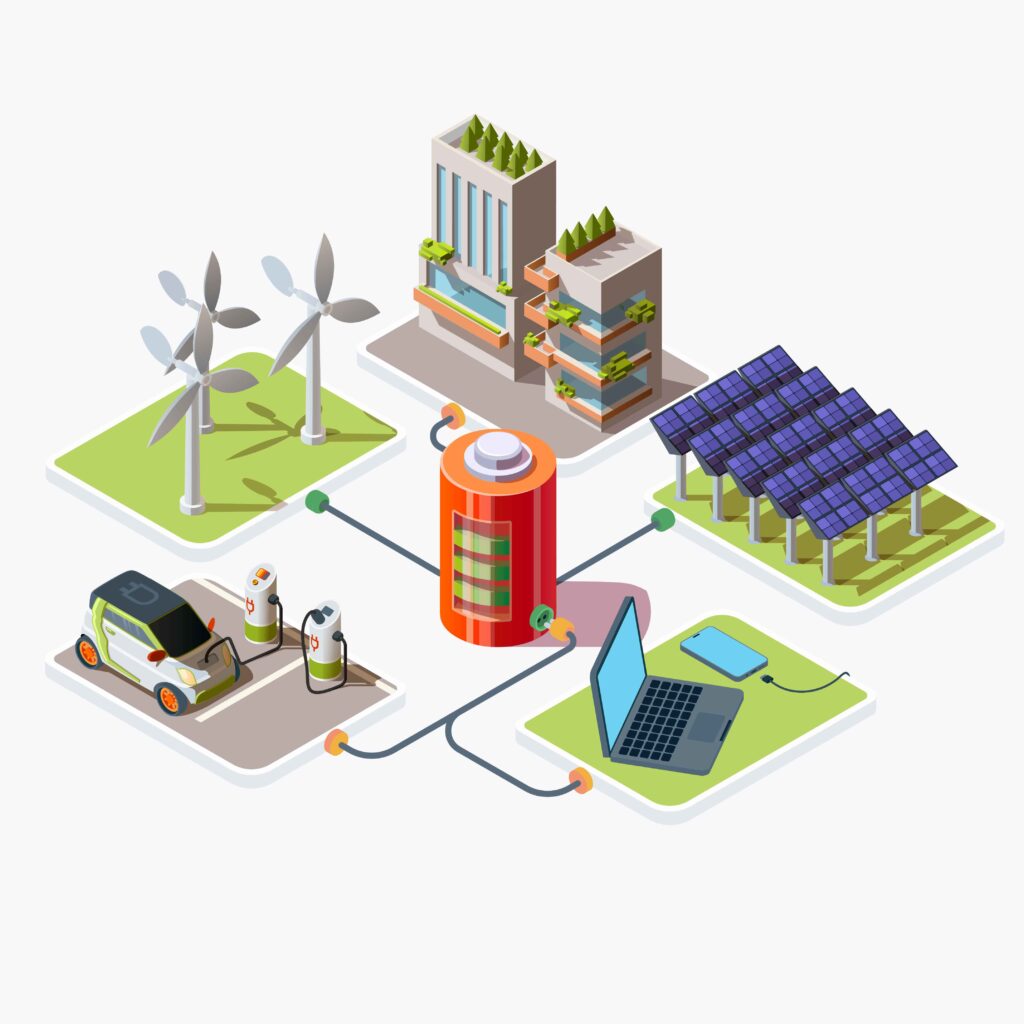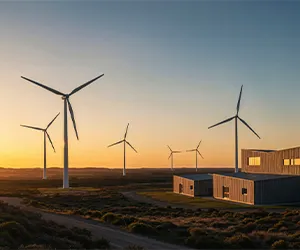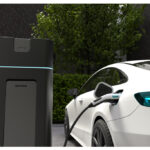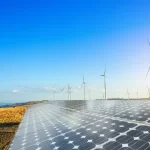JSW Energy Wins SECI’s 500 MWh Battery Storage Auction
India’s energy sector is changing dramatically, and one of the main factors facilitating the nation’s shift to sustainable power is battery energy storage systems, or BESS. JSW Energy’s historic victory in SECI’s 500 MWh battery storage auction solidifies its standing as a pioneer in the field of green energy projects. This milestone emphasises how energy storage technologies are becoming more widely used and how important BESS is to reaching India’s ambitious renewable energy targets.
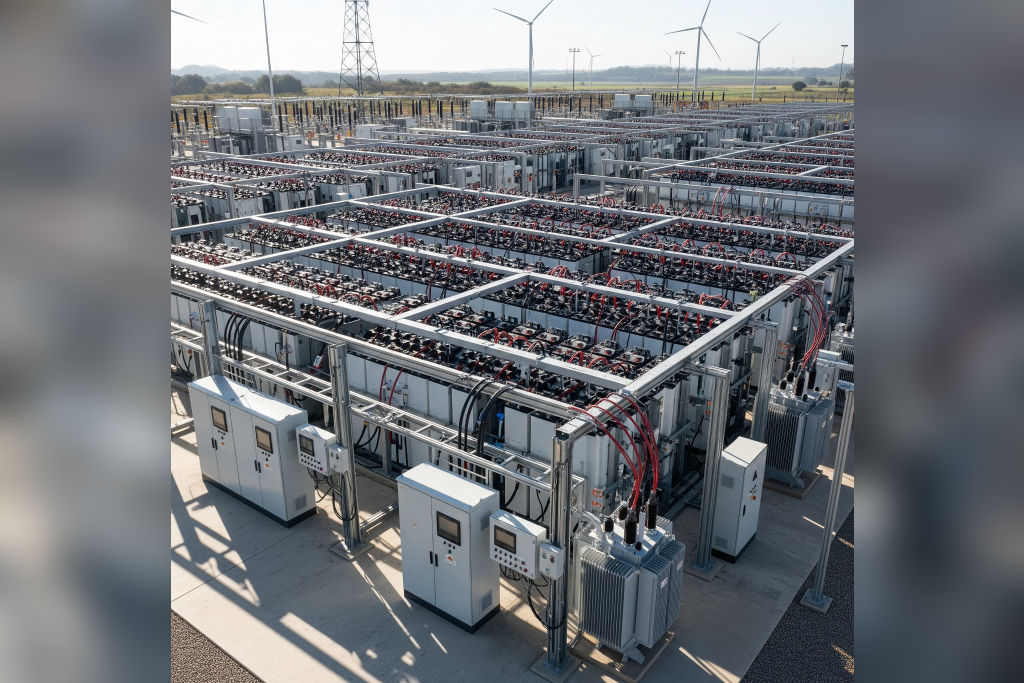
What is the SECI 500 MWh Battery Storage Auction?
The 500 MWh SECI auction was held by the Solar Energy Corporation of India (SECI), a government organisation in charge of carrying out renewable energy projects, as part of its initiatives to improve battery storage infrastructure. Enhancing grid stability, optimising energy distribution, and facilitating the widespread integration of solar and wind power are the objectives of this initiative. SECI has made significant progress in creating a robust and effective energy storage network by giving the contract to JSW Energy.
Why is This Auction Important for India’s Renewable Energy Sector?
Large-scale battery energy storage systems are now crucial for reducing power fluctuations and guaranteeing a steady supply of electricity as India speeds up its transition to renewable energy. A strategic initiative to advance energy storage technologies, the SECI auction makes green power available 24/7. In order to stabilise the grid, lessen reliance on fossil fuels, and further India’s sustainability agenda, this project is essential.
What Does This Mean for JSW Energy?
JSW Energy’s dedication to clean energy solutions is strengthened by its victory in the SECI auction. In line with its long-term goal of reaching net-zero emissions, the company has been making significant investments in battery energy storage systems and renewable energy projects. JSW Energy will be able to strengthen its market leadership, diversify its renewable energy portfolio, and support India’s sustainable development by securing this project.
The Role of Battery Energy Storage Systems in India
Excess energy produced by renewable sources, such as solar and wind, is stored by a battery energy storage system (BESS) and released during periods of high demand. This technology is essential for preserving grid stability, cutting down on energy waste, and guaranteeing a steady flow of electricity. India is making progress towards its target of 500 GW of non-fossil fuel capacity by 2030 with the growing use of energy storage technologies.
Key Benefits of the SECI 500 MWh Battery Storage Project
- Improved Grid Stability: By balancing the supply and demand for electricity, large-scale BESS systems avoid power outages.
- Growing Adoption of Renewable Energy: Encourages greater grid integration of wind and solar energy.
- Reduced Carbon Footprint: This promotes cleaner energy sources by reducing dependency on coal and other fossil fuels.
- Optimised Energy Utilisation: This reduces waste by ensuring that excess renewable energy is used effectively.
Future Prospects for Energy Storage in India
Further investments in battery energy storage systems throughout India are made possible by the success of this green energy project. Energy storage technologies will grow as a result of the government’s push for energy independence and growing technological advancements. India is poised to transform its energy sector, with firms such as JSW Energy spearheading the effort.
Conclusion
A significant turning point in India’s clean energy progress has been reached with JSW Energy’s victory in SECI’s 500 MWh battery storage auction. Projects like this will spur innovation, stability, and sustainability in the power industry as the nation adopts cutting-edge battery energy storage systems. Energy storage technologies will be crucial in determining India’s energy landscape in the future due to rising investments and technological developments. This project is a huge step towards a more resilient and environmentally friendly power sector for India, not just a victory for JSW Energy.
Frequently Asked Questions (FAQs)
A battery energy storage system (BESS) is a technology that stores excess energy from renewable sources and releases it when needed to maintain grid stability and reliability.
The SECI auction aimed to promote large-scale energy storage technologies, ensuring efficient energy distribution, enhanced grid stability, and increased reliance on renewables.
JSW Energy winning the SECI auction reinforces its commitment to clean energy, expands its renewable portfolio, and strengthens its leadership in green energy projects.
The project will facilitate higher renewable energy adoption, reduce carbon emissions, optimize energy usage, and contribute to a sustainable power infrastructure.
With increasing investments in energy storage technologies, India is set to expand its renewable capacity and establish a robust, sustainable energy ecosystem.

